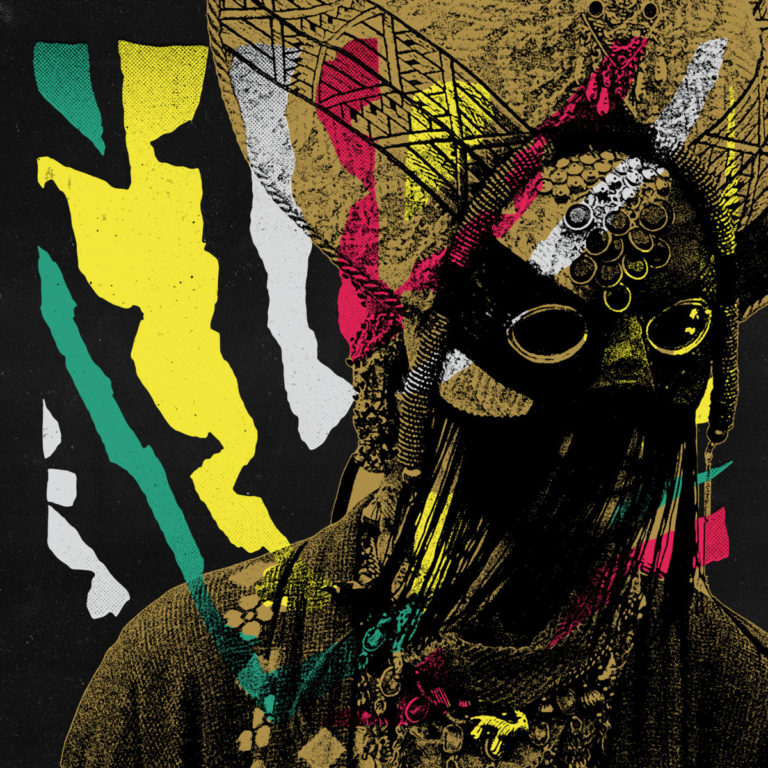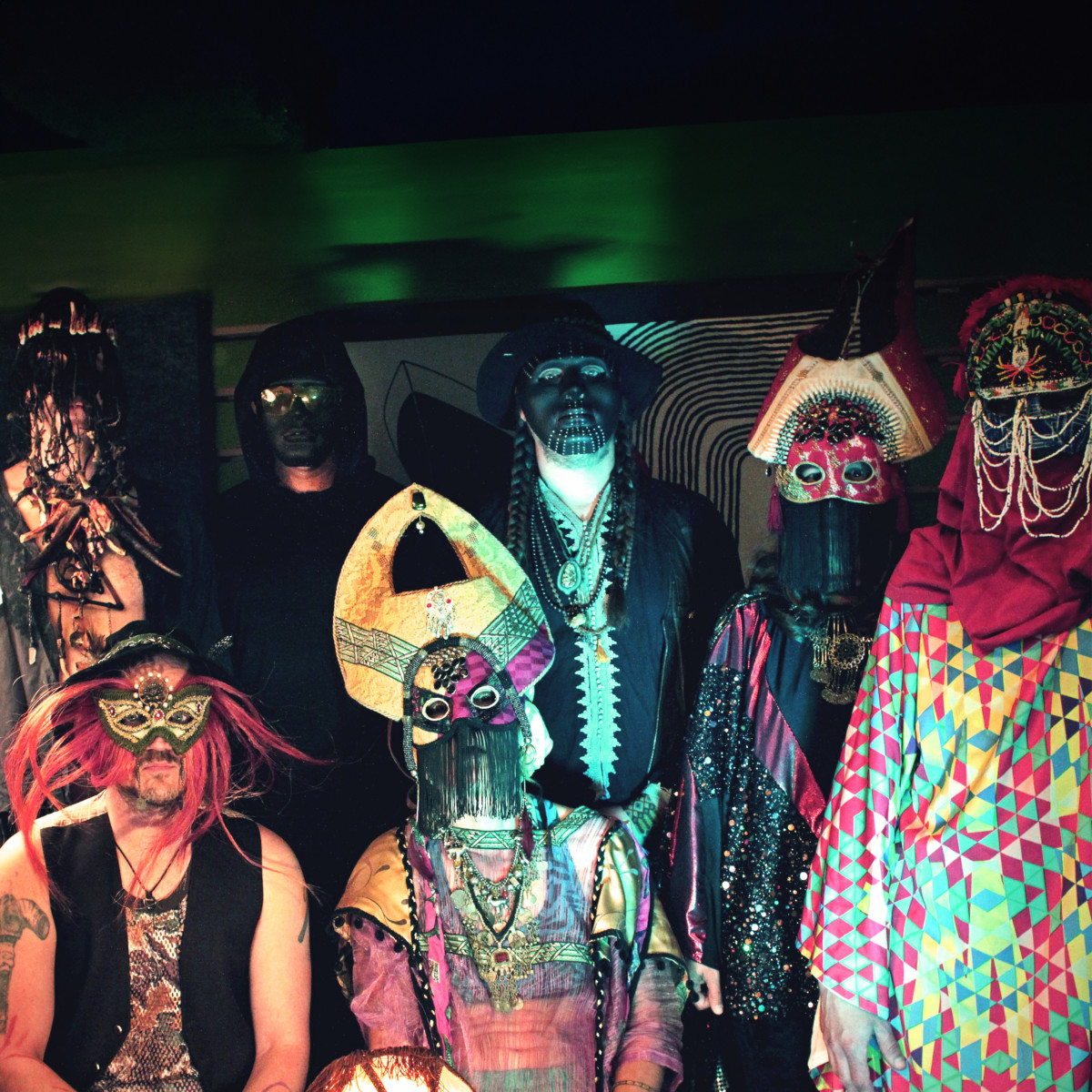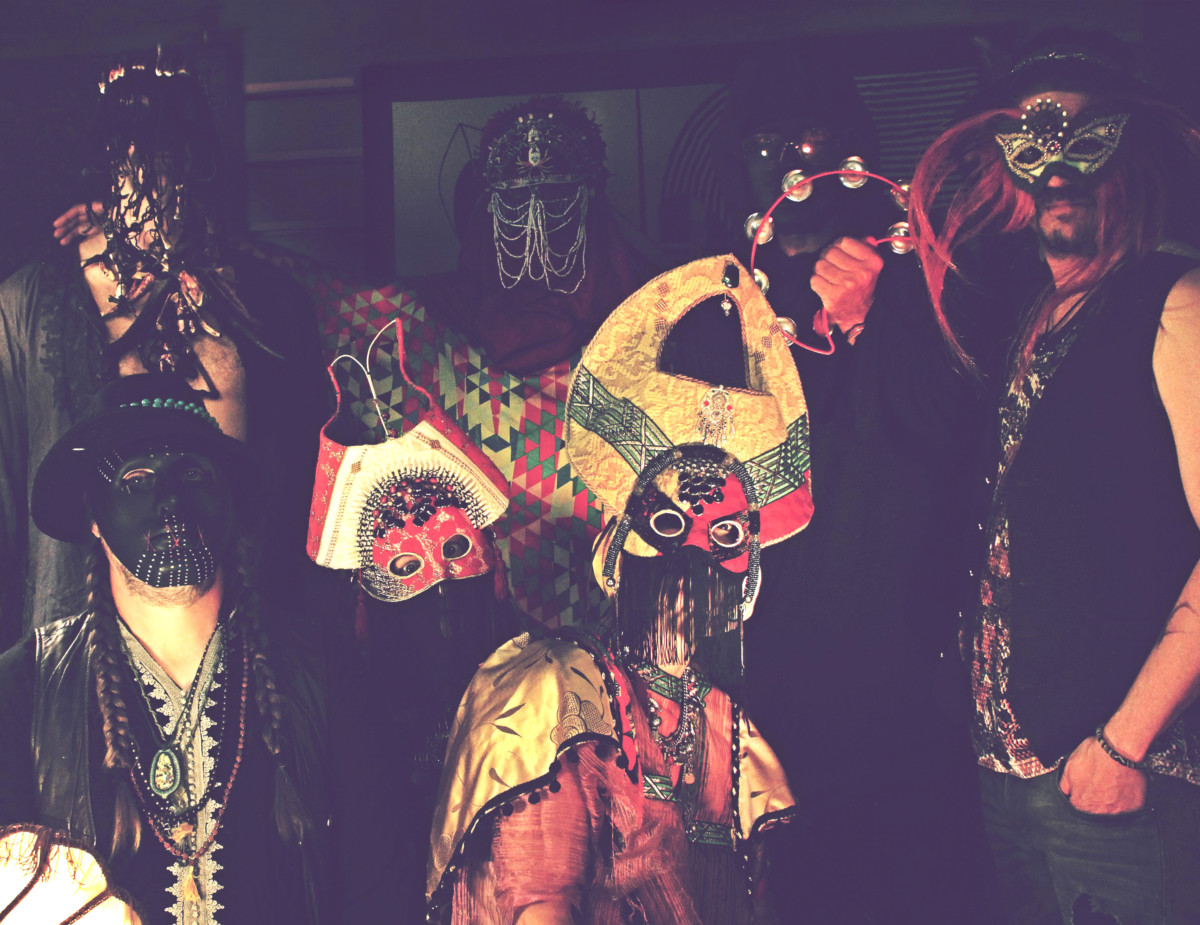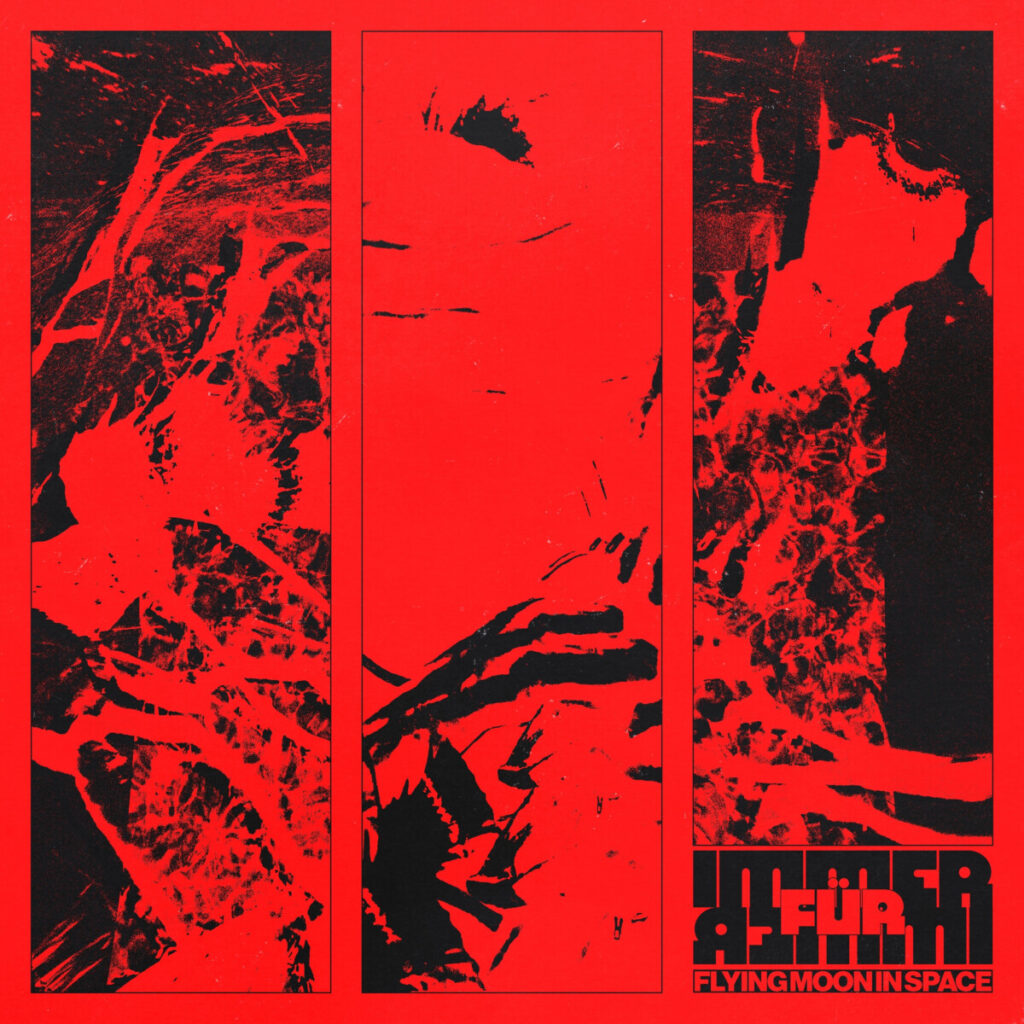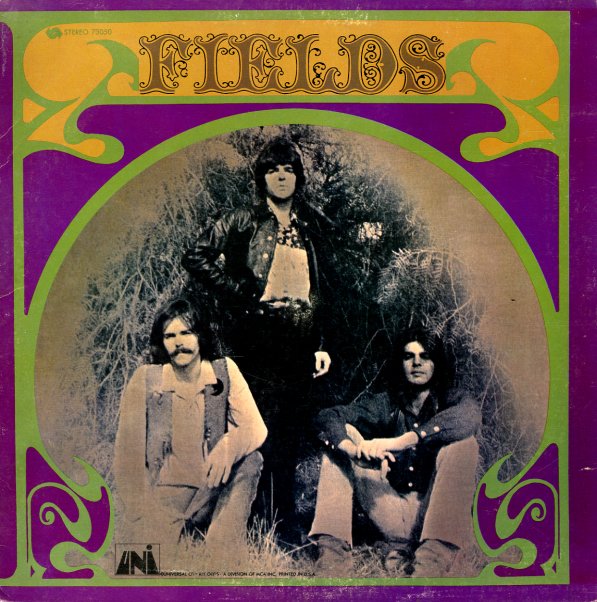Goat by Goat–Album Review
Goat by Goat–Album Review
Goat is an unclassifiable enigma. The anonymous Swedish band performs in masks and elaborate costumes, and the music dwells within the realms of classic guitar-driven psychedelic rock and ethnic world music. This self-titled offering is their seventh studio album and is a must-listen if you enjoy blistering guitar solos mixed with third-world instrumentation and rhythms.
Goat doesn’t deviate far from their previous offerings, but every Goat album is a new experience. Although there are consistent harmonic surprises throughout their collected works, there is a lingering feeling of familiarity that links the band’s output. Not as musically varied a band as King Gizzard, but there is enough diversity of sound to keep it interesting and creative. Their overall feel is reminiscent of the band Embryo from the Brain Records era of German Kosmische Musik. In the current psychedelic sphere, Glass Beams or Project Gemini come to mind.
THE TRACKS
“One More Death” is rhythmically angular, featuring a female vocalist whose voice is reminiscent of classic Jane’s Addiction. But while Jane’s Addiction in the Nineties enrobed themselves with quasi-spirituality in their most transcendent work, Goat is the real deal shaman rock. Glissando delayed guitars à la Pink Floyd or Gong soon melt into fuzzed guitars and a more straight-ahead rhythm as the song progresses. Once that levitating guitar solo subsides, the listener is returned to the faraway but oddly familiar ethnic rhythms for which the band is known.
The next song, “Goatbrain,” is a funky number, again with a lingering taste of Perry Farrell in the singer’s vocal range and timbre. The guitar work is spectacular throughout the album, and “Goatbrain” features a brain-searing psychedelic solo outpouring in shining sheets of silver iridescence.
A soft and somber flute leads “Fool’s Journey” into gentler territory. This sort of pastoral offering leaves lasting impressions of Popol Vuh upon the mind. Built on slow layering of pianos, hand drums, (possibly kalimba?), this one has an otherworldly and peaceful feeling. The song ends with 30 seconds of fragmented ringing space noise as it vaporizes into the ether.
Fuzzy wah guitar keeps “Dollar Bill” floating along on a tube train made of lava lamp paraffin. There are some similarities to Jenny Haan from the English band Babe Ruth in the strained vocals of “Dollar Bill”. The jam threatens to derail about two-thirds of the way through, but it’s somehow kept on the tracks through the sheer will of the band members’ psychic connection.
The first appearance of a drum machine kicks “Zombie” off with a sparse hip-hop feel percussively tinged with a two-chord ostinato piano line that never relents. The flow of the vocals feels as if there may be some Damo Suzuki influence deeply layered underneath. Crazed guitar effects are a mainstay of this entire album, and the quacking guitar interludes of “Zombie” lend an almost comical effect.
Courtesy of Silver PR
Seventies Afrobeat vibes abound in “Frisco Beaver,” replete with a crappy transistor organ that is ubiquitous in the genre. The influences of Zamrock and Nigerian funk are in full effect here. This is the one that’ll get you up and moving on the dance floor.
All of a sudden, “The All Is One” slowly envelopes the listener in Popol Vuh meets the lighter side of Pink Floyd (think Obscured By Clouds or Meddle) while transmuting with a considerable amount of Eddie Hazel-era Funkadelic guitar work. With all this laidback, ethnic Popol Vuh grooving are they hoping for a Herzog soundtrack gig in the future? Goat has already scored the 2023 television series The Gallows Pole, so it’s entirely probable that they will be called on again to lend their distinctive moods to another production.
The snake eats its tail. A return to the beginning as “Ouroboros” pushes toward the future. Breakbeats and dense funk rock guitar drill this 7 ½ minute closing track into the depths of the earth—penetrating through sand, mud, and rock to emerge on the other side of the world, unscathed by the molten magma encountered within. The delayed saxophones and unintelligible chattering near the end thrust “Ouroboros” to the edge of the atmosphere only to elevate into the cosmos.
Courtesy of Silver PR
The recordings of Goat keep getting sonically better as time passes, though their vibe does not stray far from the unbridled revelation of their first single, 2012’s “Goatman” and the subsequent album World Music. As the band progresses in time, they may be reverting further back into the primordial, reveling in the ritualist hypnotic rhythms of our ancestors.
Goat releases today, October 11, on Rocket Recordings.
Gallery
Recent Articles
Immer Für Immer by Flying Moon in Space–Album Review
•
February 13, 2026
Vinyl Relics: Fields by Fields
•
February 10, 2026

Loading...
Vinyl Relics: Would You Believe with Billy Nicholls
- Farmer John
